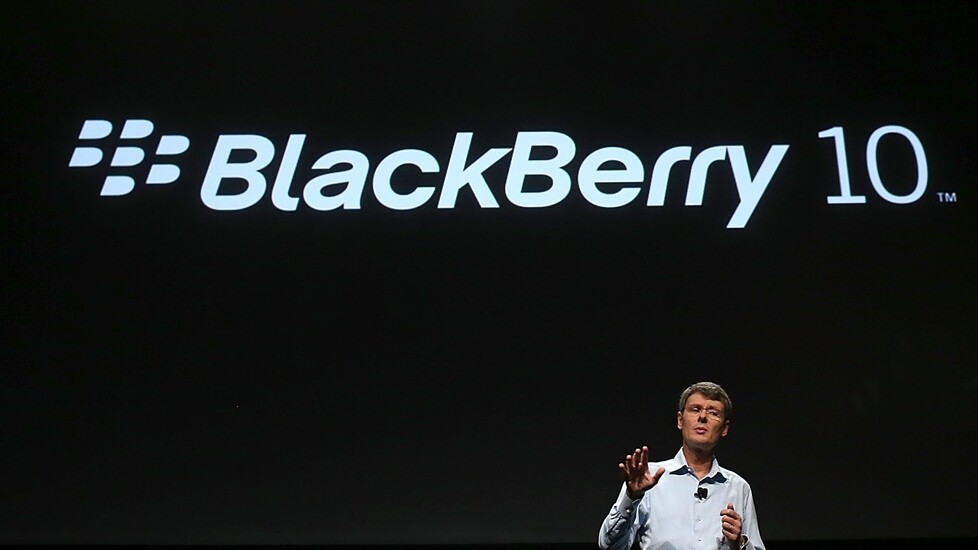
RIM CEO Thorsten Heins has hinted that the BlackBerry-maker could give up producing its own hardware and license its technology out to others companies, in an interview with media in his native Germany.
Reuters reports that Heins told Die Welt [Google Translate] that the company might entertain the possibility of selling its hardware division or licensing out its technologies for others to use. Right now, a company-wide evaluation is in progress and Heins says decisions will be made when that report is completed.
In a key excerpt from the interview, he answers a question on the company’s future plans (translation via Google):
There are several options, including the sale of the hardware production is as much as licensing our software. But there is no reason for us to decide in hectic. It is important first of all, BlackBerry 10 successfully putting them on the market. Then we shall see.
RIM has been rumored to be considering the possibility of licensing its technology — both hardware and software — to others to use, but this is the first time that Heins has confirmed those options as possible for the company. RIM’s Enterprise technologies and BlackBerry Messenger (BBM) service have traditionally been areas that has been speculated for licensing. In terms of the latter, the growth of cross-platform mobile messaging apps has seen the service lose its shine.
Once the ‘glue’ that kept users, particularly those in Asia, and their peers buying and using RIM solutions, it could have its potential usage increased massively if those on other, non-BlackBerry devices were able to use it. As it stands, operating on BlackBerry’s platform only limits BBM’s ‘network effect’. That’s particularly important since other apps and services — including Facebook, which now offers free calls in North America — have the advantage of being used by more people, and thus are more attractive to smartphone users keen to keep up with all of their friends.
Any move to open BlackBerry to other device makers could help the new platform increase its market share. The sheer breadth of Android’s handset partners has helped the Google-owned platform become the biggest rival to Apple’s iOS, for example, and RIM could license its own system to increase its market presence and generate additional income.
Headline image via Justin Sullivan / Getty Images
Get the TNW newsletter
Get the most important tech news in your inbox each week.





